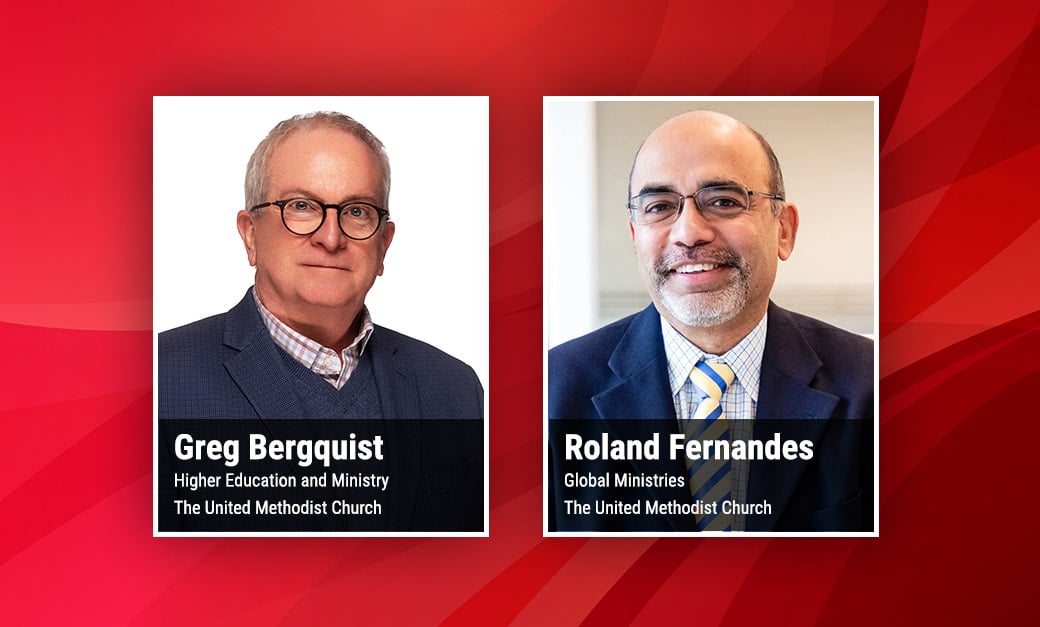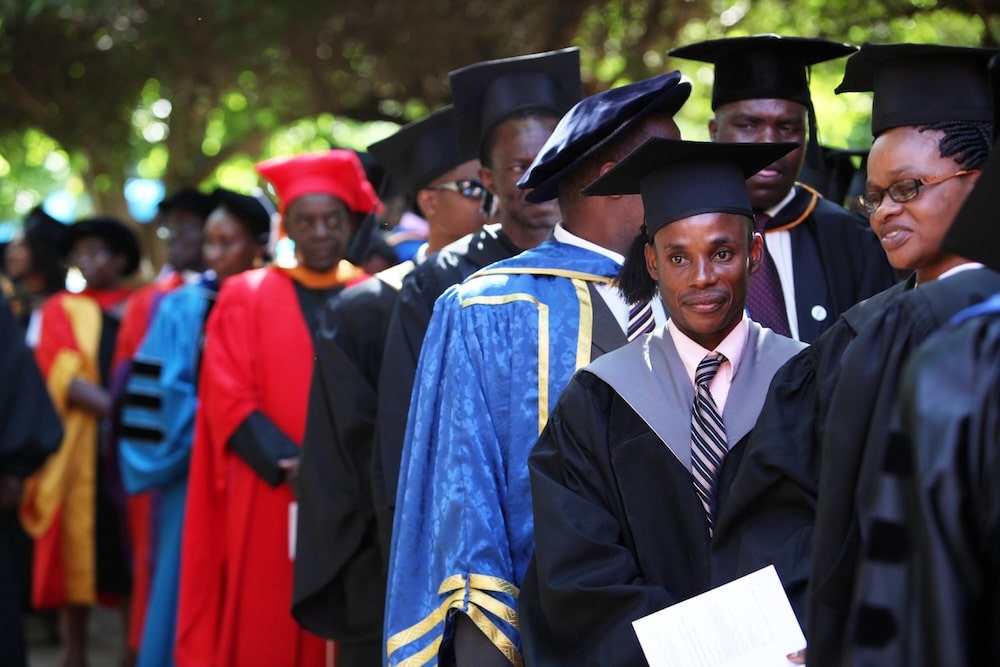The Course of Study (COS) is a 20-course program that trains and educates those who are interested in becoming licensed local pastors. If this is the path you’re seeking, GBHEM welcomes you and will walk alongside you on this journey of discovery and formation.
Bible
This course introduces biblical interpretation. Attention is given to the inspiration, formation, and function of the canon and to the development of a methodology of interpretation consistent with the nature of scripture. The importance of the Bible as a witness to the life and faith of ancient Israel and earliest Christianity will be emphasized.
Students will be able to:
1. Articulate the place of scripture in the life of the congregation and the role of the pastor in interpretation.
2. Understand the inspiration and formation of the canon and its authority within the community of faith.
3. Understand and apply historical, literary, and theological approaches to various types of literature in scripture using Genesis, Amos, Mark, Luke, Acts and Philippians.
4. Develop a method of exegesis consistent with the nature and authority of the Bible
This course interprets the critical events, developing institutions, and traditions of Israel. Attention is given to the earliest Covenants, to the Exodus, to the rise of the monarchy, and to other events up to the eighth century prophets.
Students will be able to:
1. Articulate a historical overview of the experience and faith of ancient Israel.
2. Exegete selected passages that illustrate crucial turning points in the history of Israel.
3. Apply exegesis to preaching, other pastoral responsibilities, and issues of the present day.
This course focuses on the content and message of the Gospels, as well as the theological perspectives of the Gospel writers. The practice of exegesis will be emphasized.
Students will be able to:
1. Understand the origin, message, and purpose of each Gospel.
2. Exegete this form of literature.
3. Apply exegesis to preaching, other pastoral responsibilities, and issues of the present day.
This course examines God’s Word as expressed through Israel’s prophets, selected Psalms, and selected passages from Wisdom literature.
Students will be able to:
1. Understand the origin, history, and use of these forms of biblical literature among God’s people.
2. Exegete these forms of biblical literature.
3. Apply exegesis to preaching, other pastoral responsibilities, and issues of the present day.
This course focuses on the content and context of these writings, and the theological emphases of their writers. In addition to Acts and Revelation, Romans, 1 Corinthians, Hebrews, James, and 1 John will receive special attention. Students will articulate a theology of scripture.
Students will be able to:
1. Distinguish these genres of biblical literature, and understand the major theological themes in these writings.
2. Faithfully exegete these forms of biblical literature.
3. Apply exegesis to preaching, other pastoral responsibilities, and issues of the present day.
4. Articulate the unity and authority of Scripture as a whole.
Theology
This course introduces the student to theological reflection in the Wesleyan tradition. Basic terms, tasks, and methods of Christian theology will be introduced. Representative classical themes will be defined and illustrated. The course provides a foundation for further historical and theological study.
Students will be able to:
1. Examine their understanding of faith, sin, salvation, grace, and the place of doctrine in the life of the Church.
2. Use and understand classical theological terms and themes.
3. Critically consider the sources of theological reflection, including scripture, tradition, experience and reason.
4. Reflect theologically as a resource for pastoral ministry.
This course focuses on the history and theology of the Church through the first five centuries. Using primary sources, students will reflect on significant individuals, events, and the articulation of the Christian faith during this period.
Students will be able to:
1. Understand and articulate the doctrine of the Trinity, and the historical debates in the early Church around the person and nature of Christ.
2. Understand and articulate a doctrine of salvation in light of the controversies of the early church.
3. Understand the history and significance of the creeds and ecumenical councils.
4. Appropriate historical theology for pastoral ministry.
This course focuses on major movements and events beginning with the split between Eastern and Western forms of Christianity and continuing through the Reformation. Using primary sources, students will reflect on individuals, decisive events, and theological developments.
Students will be able to:
1. Understand major theological developments in medieval Christianity leading up to the reformation.
2. Distinguish the theological characteristics of Luther, Zwingli, the Anabaptists, Calvin, the English Reformation, and Puritanism.
3. Understand and articulate reformation era debates around justification, sanctification, the sacraments, and church unity.
This course covers the significant individuals, decisive events, and theology of the Methodist movement. Utilizing categories of grace, faith, and holiness, the student will appropriate the Wesleyan heritage.
Students will be able to:
1. Understand and reflect on the movements, major figures, and events that led to the eighteenth century revivals, especially the lives and ministries of John and Charles Wesley.
2. Understand and articulate the vision of holiness and the theology of grace as it shaped the Wesleys, and the structures of the Methodist movement.
3. Identify and discuss significant theological and historical developments in American Methodism, including ordination and episcopacy.
4. Reflect theologically on their Wesleyan heritage and identity.
This course covers significant individuals, movements, events, and theological developments from the nineteenth century to the present. Students will read selected primary sources.
Students will be able to:
1. Understand the origins and theological tenets of liberalism from the early 19th century to the present, including its influence on ecumenism and process theology.
2. Understand and distinguish reactions to liberalism, including Fundamentalism, Neo‐Orthodoxy, and Evangelicalism.
3. Understand the historical development and theology of the Holiness Movement,
Pentecostalism, and the Charismatic Movement.
4. Understand the origins and tenets of Liberation and Contextual theologies.
Congregational Life
This course grounds the student in the theology and core practices of personal and congregational formation and discipleship.
Students will be able to:
1. Articulate a theological basis for the Wesleyan emphasis on spiritual disciplines and practice them as means of grace.
2. Explain and implement the General Rules and the practices of small groups in a congregation.
3. Educate and resource a congregation in the disciplines Christian formation.
4. Organize congregations to help people discern their callings and gifts for ministry.
This course examines worship within The United Methodist Church including liturgy, sacraments, and special services. Attention will be given to the pastor’s role as leader in worship.
Students will be able to:
1. Articulate a theology of worship consistent with the Wesleyan tradition, including reflection on the theology and rhythm of the Christian year.
2. Articulate a Wesleyan theology of the sacraments and be competent in their administration.
3. Interpret theologically the rites of Christian marriage, and of Death and Resurrection, and be able to lead such services well.
4. Construct a worship service, and reflect theologically on the use of hymns, media, contemporary music, and lay leadership.
This course introduces students to practices of congregational care and the pastor’s responsibility in caregiving.
Students will be able to:
1. Implement and oversee appropriate types of care in varieties of settings, including prisons, hospitals, nursing facilities, and homes.
2. Organize caring ministries within the congregation.
3. Discern and implement appropriate boundaries, knowing when and to whom to refer people, and when and when not to share information.
4. Reflect on and practice skills of sensitive caregiving, using role play and analysis case studies.
This course introduces the theology and scope of mission, and the pastor’s role in leading congregations in their mission as agents of God’s transforming redemption.
Students will be able to:
1. Articulate a biblical and theological framework for Christian mission.
2. Explain the Wesleyan relationship of personal piety and social holiness.
3. Examine and reflect on unjust social realities and the response of the church locally and globally.
4. Analyze their ministry context and develop strategies for transforming mission.
This course introduces students to the theology and practices of evangelism as an expression of the mission of God.
Students will be able to:
1. Reflect on and articulate the meaning of the Gospel and an understanding of the Church as bearers of God’s Word to the world.
2. Ground a theology of evangelism in scripture, the Gospel, and the mission of God.
3. Interpret of the Wesleyan heritage of evangelism.
4. Reflect on and implement strategies and models for evangelism by the congregation.
Pastoral Identity
This course forms the student’s identity as pastoral leader and change agent in congregations, The United Methodist Church, and the world.
Students will be able to:
1. Identify and understand the attributes of good leaders, biblically and
theologically.
2. Evaluate and strengthen their own identities and skills as pastoral leaders.
3. Explain and reflect on the nature of change in the local congregation and wider society.
4. Implement visioning, strategizing, and planning processes in their local
congregations.
This course focuses on developing the student’s competency as an administrator in a United Methodist congregation.
Students will be able to:
1. Articulate a biblical and theological understanding of polity.
2. Understand and explain the polity of The United Methodist Church, including conferencing, oversight, and discipline.
3. Articulate the nature of stewardship biblically and theologically.
4. Identify techniques and develop skills as effective administrators of local churches, including financial management.
This course focuses on preaching the gospel from the Old and New Testaments.
Students will be able to:
1. Articulate a theology of proclamation.
2. Exegete a variety of biblical passages for preaching.
3. Evaluate sermons for biblical integrity, theological soundness, internal logic, and delivery, and appropriate insights gained from the evaluation of their own sermons.
4. Develop plans for ordering and delivering sermons in their congregational and
communal context.
This course introduces the biblical and theological bases for Christian behavior, emphasizing the pastoral skills needed for moral leadership in the congregation and community.
Students will be able to:
1. Articulate a biblical and theological basis for ethical thinking and moral behavior, and distinguish major approaches to ethical reasoning
2. Comprehend the relationship between their personal stories, pastoral vocation, local contexts, and responsibility as moral leaders.
3. Develop a Christian framework for moral reason and action, and apply it to the use of power and the setting of boundaries in ministry.
4. Demonstrate familiarity with and make use of the Social Principles of The United Methodist Church as a resource for ethical reflection and action.
This course is the capstone to the student’s basic course of study. Its focus is the integration of the biblical, theological, and practical aspects of ministry.
Students will be able to:
1. Articulate a Trinitarian theology for the practice of ministry.
2. State clearly the nature and mission of the Church and its relation to pastoral ministry.
3. Demonstrate the ability to reflect theologically.
4. Develop a plan for lifelong theological reading, reflection, and growth.







